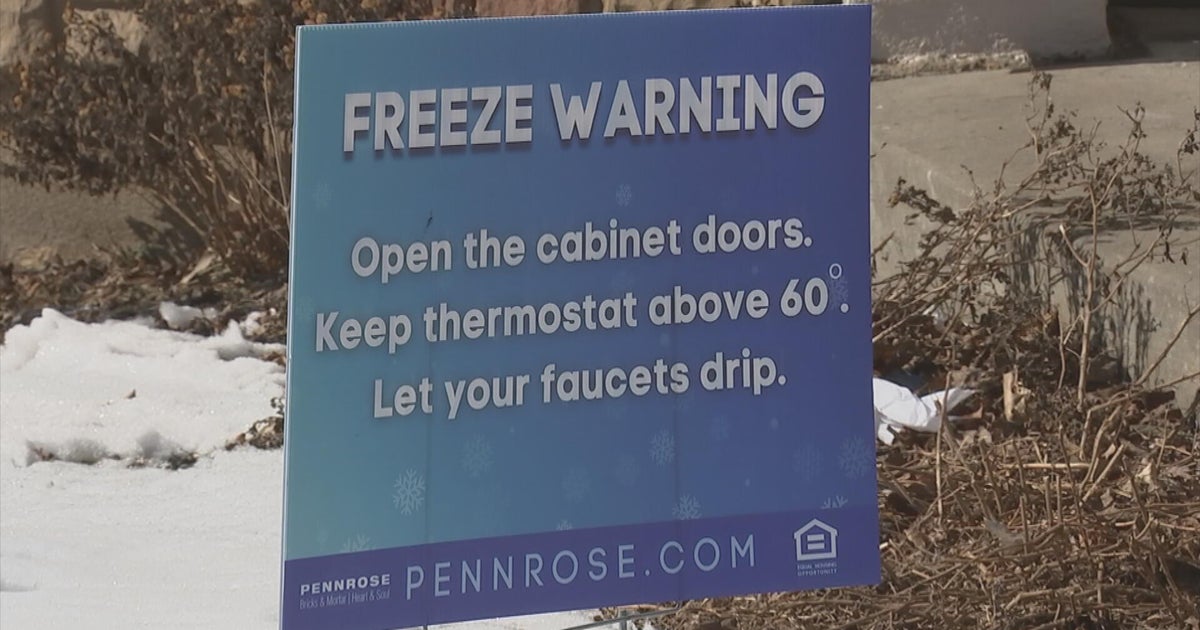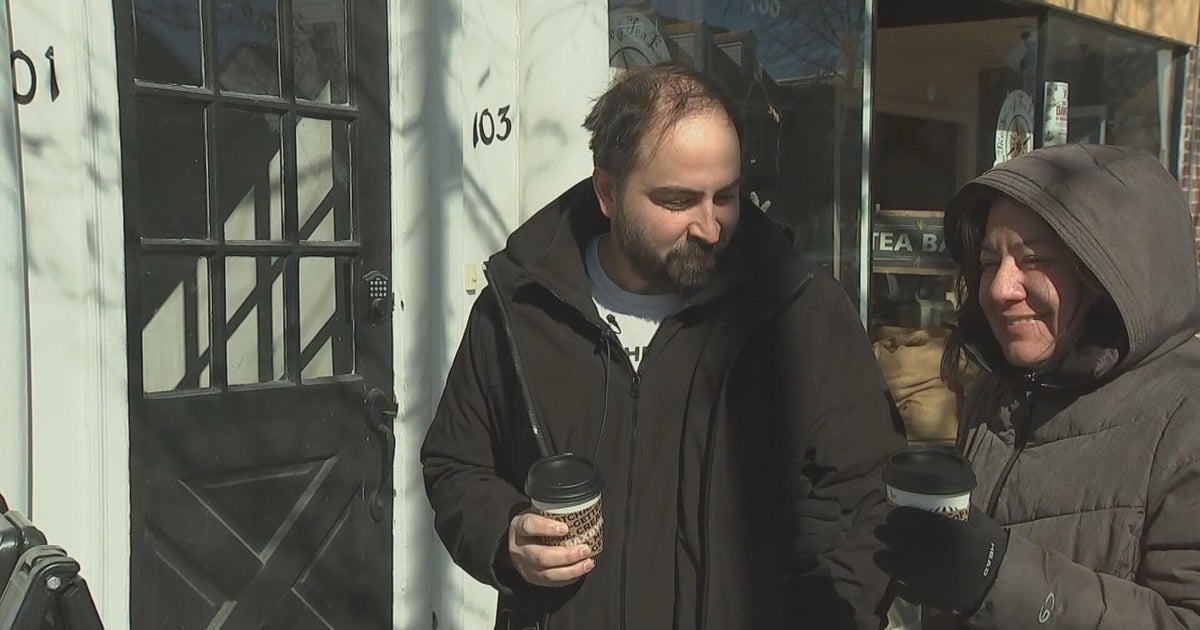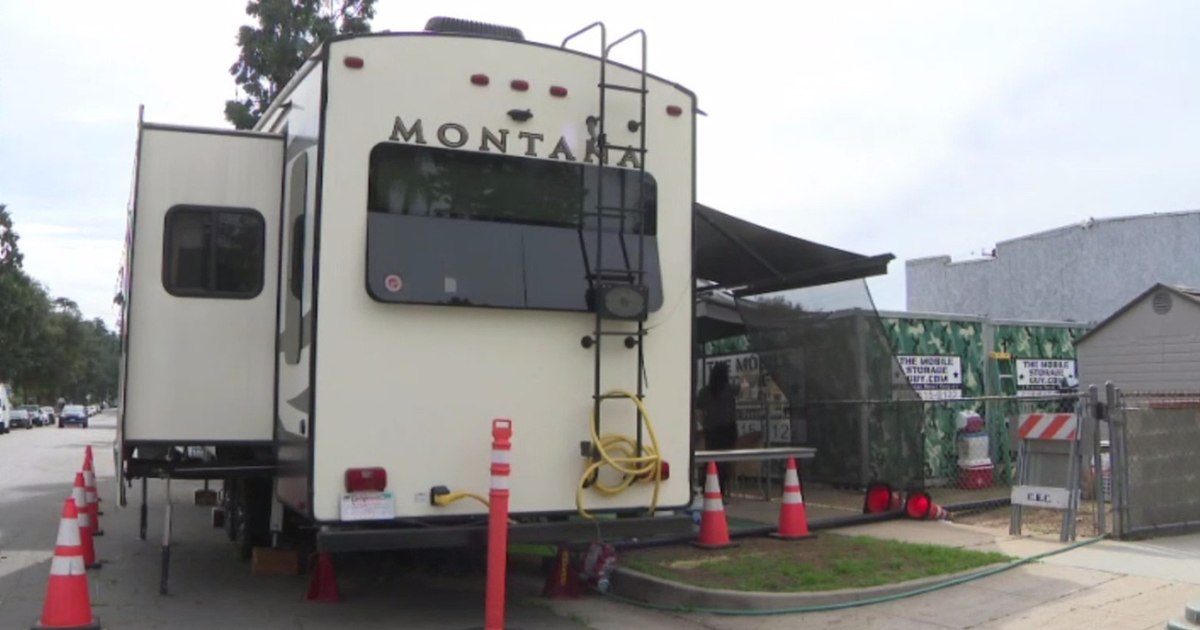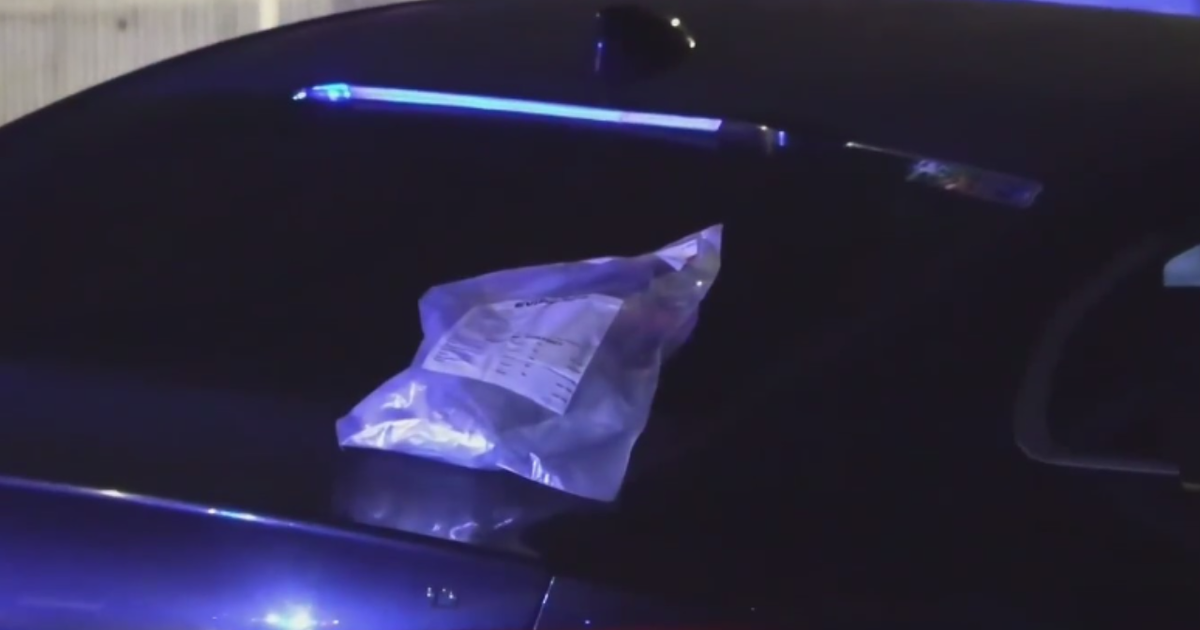'Heat Stroke Is A Medical Emergency': Symptoms To Look For As Dangerous Heat Moves Into Philadelphia Area
PHILADELPHIA (CBS) -- The Pennsylvania Department of Environmental Protection has declared a Code Orange Air Quality Action Day for the ozone that covers Philadelphia and the surrounding counties. People with health conditions need to stay inside in air conditioning if they can.
For people who do spend any extended time outside, doctors say it is important to know how to stay safe in the heat.
Ashley Williams is staying in the shade in Northern Liberties and her kids are enjoying the start of this heat wave, splashing in the backyard.
"We're trying to stay safe and beat the heat," Williams said.
Whether it is peacefully reading by the Schuylkill River or keeping your head covered on Broad Street, beating the heat will be a challenge.
"Extremely suffocating, humid, gross, I'm melting," Anir Sanders said.
Dr. Delana Wardlaw is a family physician at Temple Health.
"We don't want to overheat because overheating can lead to dangerous effects on our body," Wardlaw said. "We want to make sure we are listening to our bodies."
Signs of heat exhaustion include dizziness, fatigue, cramps and a rapid pulse. When it progresses to heat stroke, people can become confused, start vomiting and they might stop sweating.
"Heat stroke is a medical emergency," Wardlaw said. "Heat stroke requires a call to 911."
Children, the elderly and those with medical conditions are most at risk, but biking and rollerblading, any exertion outside, can accelerate dehydration
"Stay hydrated, and drink plenty and plenty of water," Williams said. "We have plenty of cases of water. Speaking of, would you like one?"
Doctors say by the time you are thirsty, you are already getting dehydrated.
"In general, about six to eight eight-ounce glasses a day, and make sure you're keeping up with that," Wardlaw said.
Even if you're not thirsty, have a glass of water anyway and remember to check on friends and relatives, and keep your pets inside.
We have resources to protect you from this heat on our website.
For some other tips on how to stay cool, click here.
CBS3's Wakisha Bailey contributed to this report.







